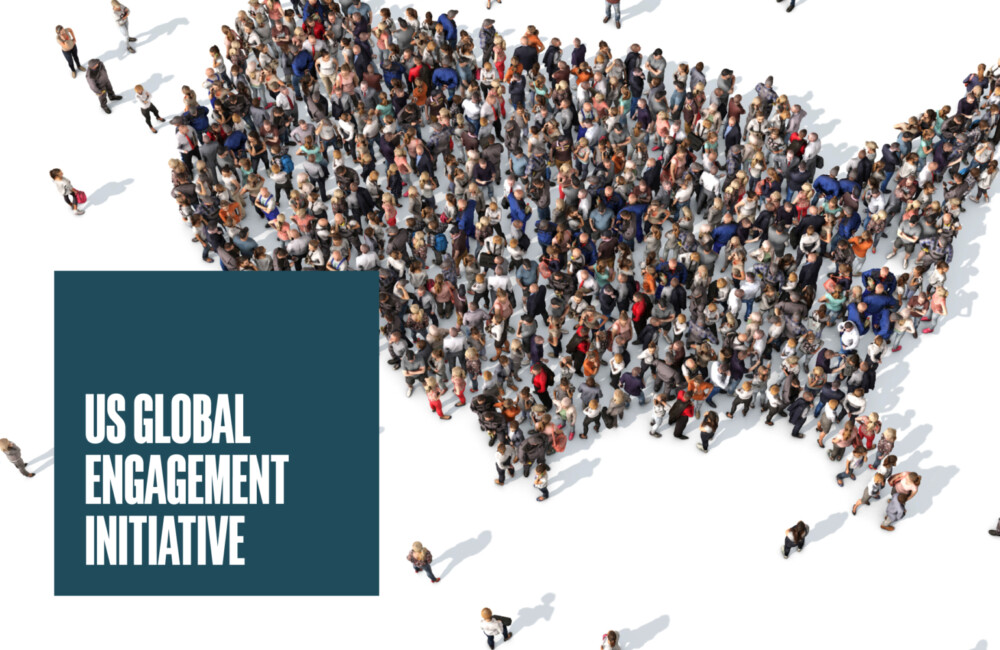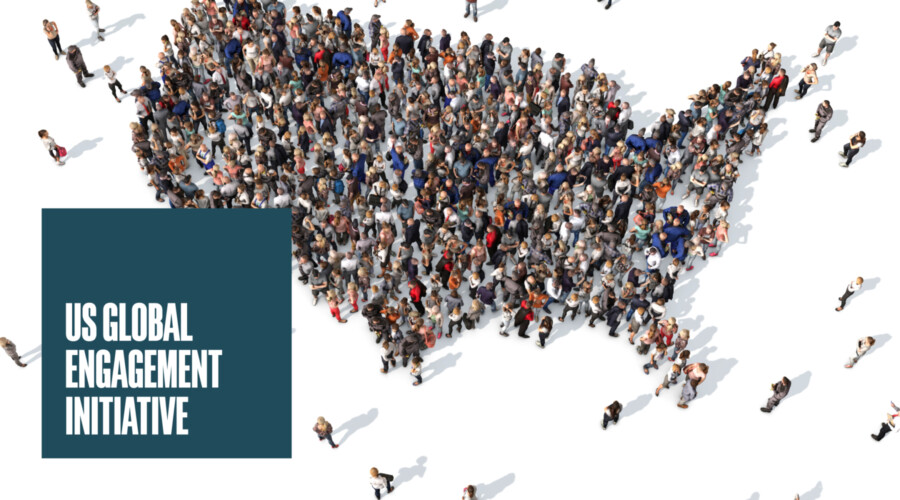This article originally appeared on the Ethics & International Affairs blog on July 11, 2018.
I am very grateful to the World Affairs Forum in Stamford, CT, for hosting a discussion forum on the topic of American engagement in global affairs. This conversation, held on July 10, 2018, builds upon earlier conversations held in other parts of the country (in March and April) as well as assessments as to what American voters are saying and thinking about the role the United States ought to be playing in the international system.
I cannot, in a short summary report, do justice to the richness and depth of a nearly 150 minute discussion, but there were several points that the Stamford participants raised that I want to share.
Echoing what has been already said and observed in other formats, a series of high-profile failures has called in doubt whether or not U.S. action in the world can either achieve benefits for the U.S. or can advance values and improve the conditions of others. There is also the sentiment that people have been looking for some revisions in the rules and structures of the international system, even if they were not seeking to blow the whole thing up.
From the Stamford dialogue, the key additional factors that were raised were as follows:
1) It is becoming more difficult to determine what the American posture in the international system ought to be when there is less agreement as to what constitutes American interests, identity, and values. In other words, if we find it harder to answer the question "Who are we?" and for our politics to serve as a way to mediate competing imperatives, it makes it more difficult to develop and sustain a coherent foreign policy, especially between administrations. A shift towards greater tribalism in U.S. domestic politics also makes U.S. international commitments less reliable. We are losing a common narrative, have less mediating institutions that provide common markers (especially since social media and the "big sort" allow for greater self-segregation) and thus less agreement and consensus about the national interest.
2) Fear and insecurity at home–whether economic, cultural, or even in terms of basic personal security (there were several references to the recent wave of shootings in schools and other public venues)–contributes to unease about the American role in the world.
3) I found this insight to be profound and to connect to other things that I have observed: In the current international order, the benefits are diffused and largely below the surface, but the negatives and downsides are concentrated and immediately visible. That is to say, the benefits of free trade may be distributed as lower prices among a broad set of consumers, but the losers are immediately visible in terms of closed factories, outsourced jobs, etc. Ensuring the peace and security of the global commons translates into a wide swath of goods and services that are available, but the deaths of military servicemen are immediately felt by families and communities. Many of the benefits of the current global system and the U.S. role in providing those benefits are taken for granted, while the focus is on the costs. Add to this the reality that the "winners" of globalization (in every industrialized democracy in the West) perhaps did not do enough to compensate the "losers" and to ease the transition, and this can help to explain the return of what Andrew Sullivan has labelled as "nationalist populism" in contrast to liberal globalism. Combined with the last observation about fear and uncertainty, this can also contribute to a sense that democratic politics are ineffective and broken, and thus the search for "problem-solvers" who will get the job done.
What does all of this mean? I come back to my contention that we do need a new narrative–and that this narrative must be rooted in the realities of the changes that are occurring in the United States–demographic, technological, generational. After what I heard in Stamford, I am more convinced that those in the U.S. foreign policy community who hold out for a 21st century version of 1815 and "a world restored" and who focus on the person of President Trump are missing the changes that will make it necessary to re-conceive American engagement and involvement in world affairs in ways that can re-gain broad popular support.


